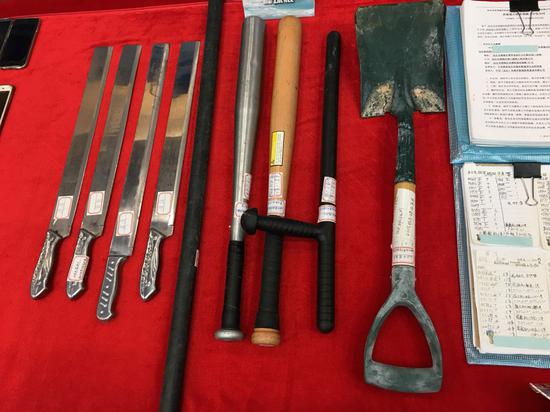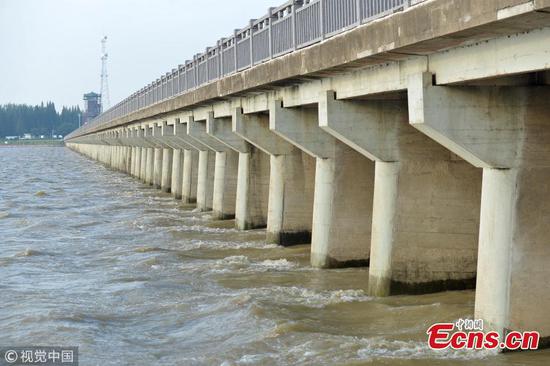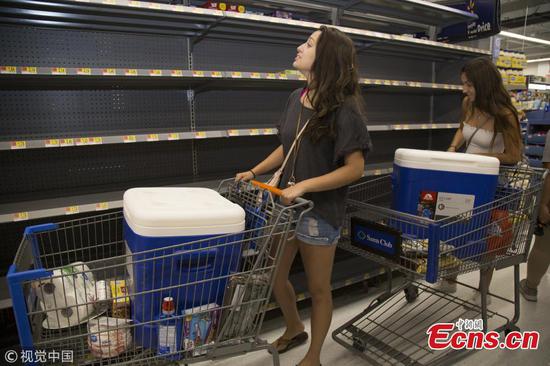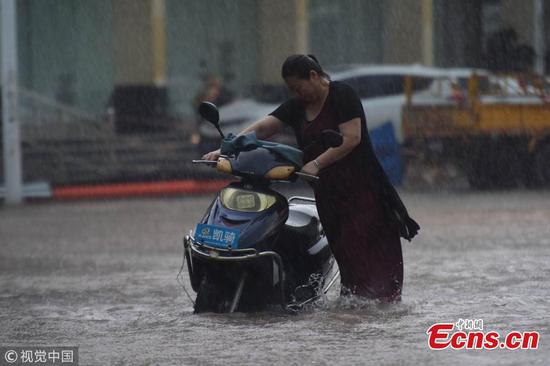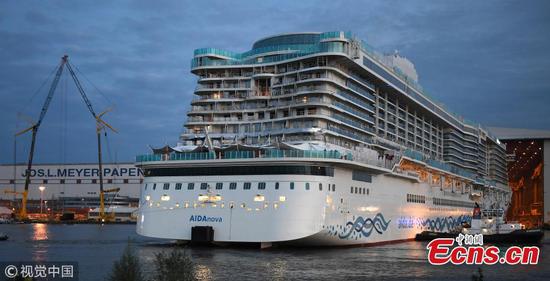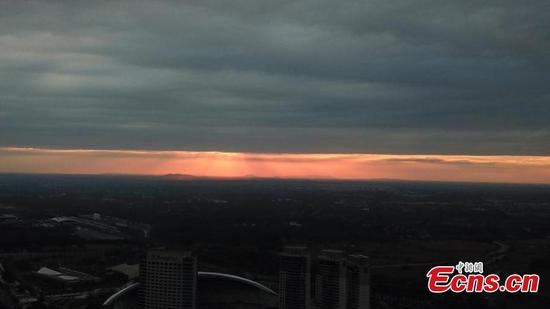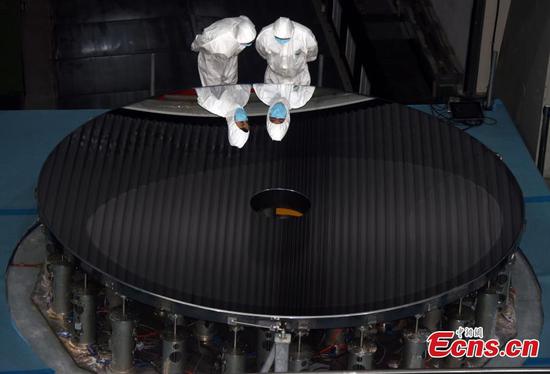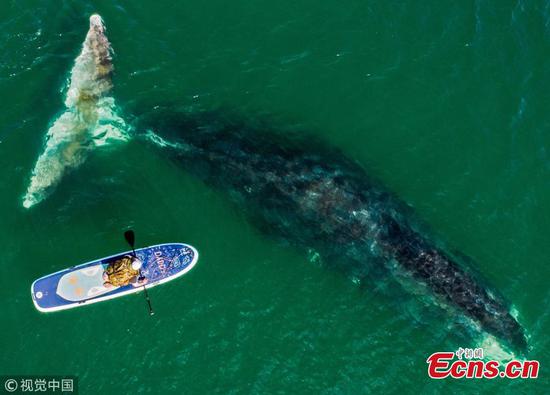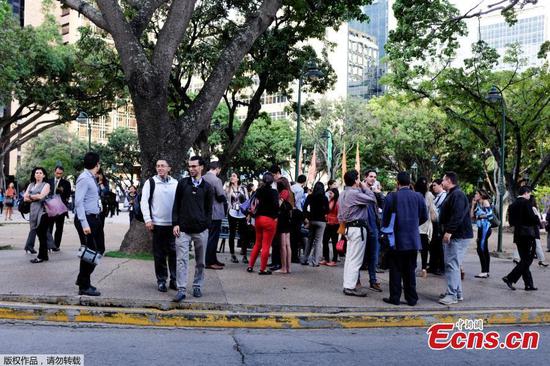The British government on Thursday shouted "Do not panic!" to the general public while ringing alarm bells over the possible worst Brexit scenario -- if there is no Brexit deal between London and Brussels.
In publishing 25 reports, apparently the first batch of a planned series of 80, the government, which comes under huge domestic and Eropean pressure, set out advice to the British businesses and citizens on how they need to prepare for the worst case that the United Kingdom leaves the European Union without a deal.
The consequences of a no-deal Brexit could include new EU tariffs, extra credit card costs, additional border paperwork, possible medicine shortages, power blackouts and traffic grinding to a halt on the motorway to Dover, according to the new official documents, known as technical notices.
With less than eight months to go until the March 29 exit day, Britain has yet to reach a divorce agreement with the regional bloc.
However, a seemingly confident Downing Street urges British businesses and consumers to prepare for the worst while promising to work very hard to avoid the no-deal situation.
British Brexit Secretary Dominic Raab, in his first major speech since he assumed office in July, insisted he was still confident that "a good deal" with Brussels would be reached.
The new Brexit secretary said: "I remain confident a good deal is within our sights, and that remains our top, and overriding, priority. If the EU responds with the level of ambition and pragmatism, we will strike a strong deal that benefits both sides."
"But, we must be ready to consider the alternative. We have a duty, as a responsible government, to plan for every eventuality," he said.
The senior official's comments came after Liam Fox, the British trade secretary, said earlier this month that there was a "60-40" chance of the UK failing to reach an agreement with Brussels. Jeremy Hunt, the new foreign secretary, has said that Britain was heading for "no deal by accident".
Labor, the British opposition party, accused the government of going into "panic mode", as calls were made for a no deal to be ruled out amid worries that a bungled Brexit would send the pound into a nosedive, lead to long border delays and risk food and medicine shortages.
Shadow Brexit secretary Keir Starmer said, "No deal means we have not reached agreement on anything with the EU, so that's no deal on EU citizens, no deal on trade, no deal on security and so on."
"The idea that technical notices issued eight weeks before we are supposed to reach agreement is going to reassure anybody I think is fanciful," he said. "It actually reflects the fact that these negotiations are going badly and the government is now moving into panic mode."
Raab claimed the withdrawal agreement between the EU and the UK was 80 percent complete, and pledged to step up the pace of talks with Brussels.
However, there is still a big gap on major issues between the two sides during the Brexit talks, which resumed on Tuesday. EU diplomats in Brussels expect an informal deal deadline of October to be missed.
A no-deal Brexit was "the most costly" option and this is not what the EU wanted, said Michel Barnier, EU's chief Brexit negotiator.














